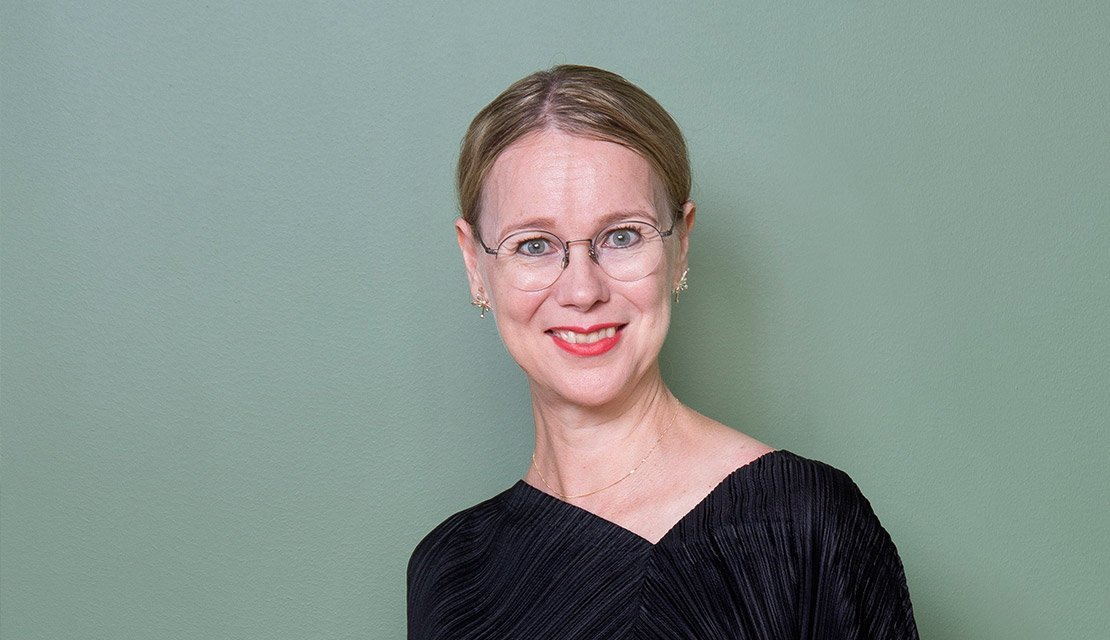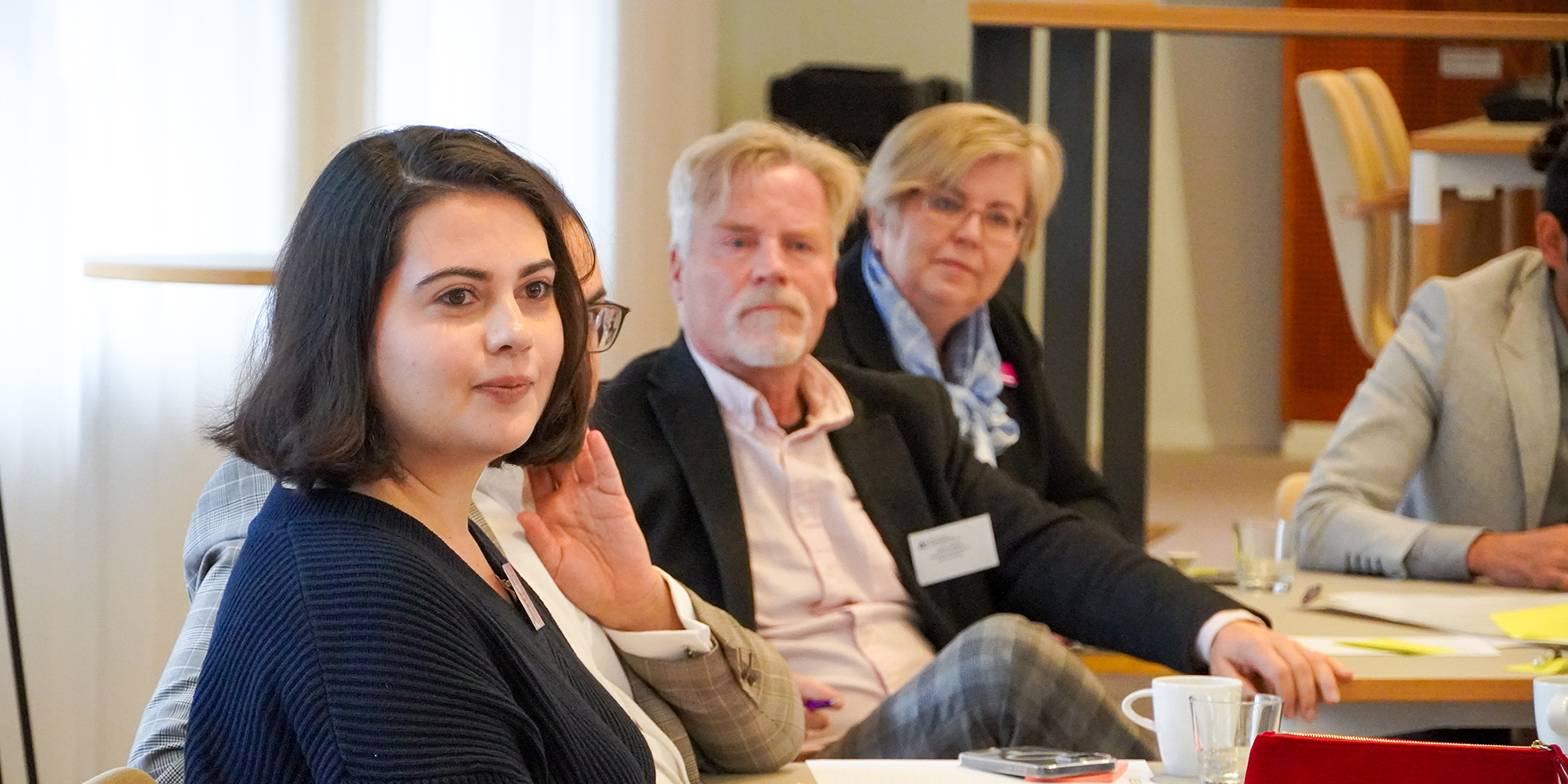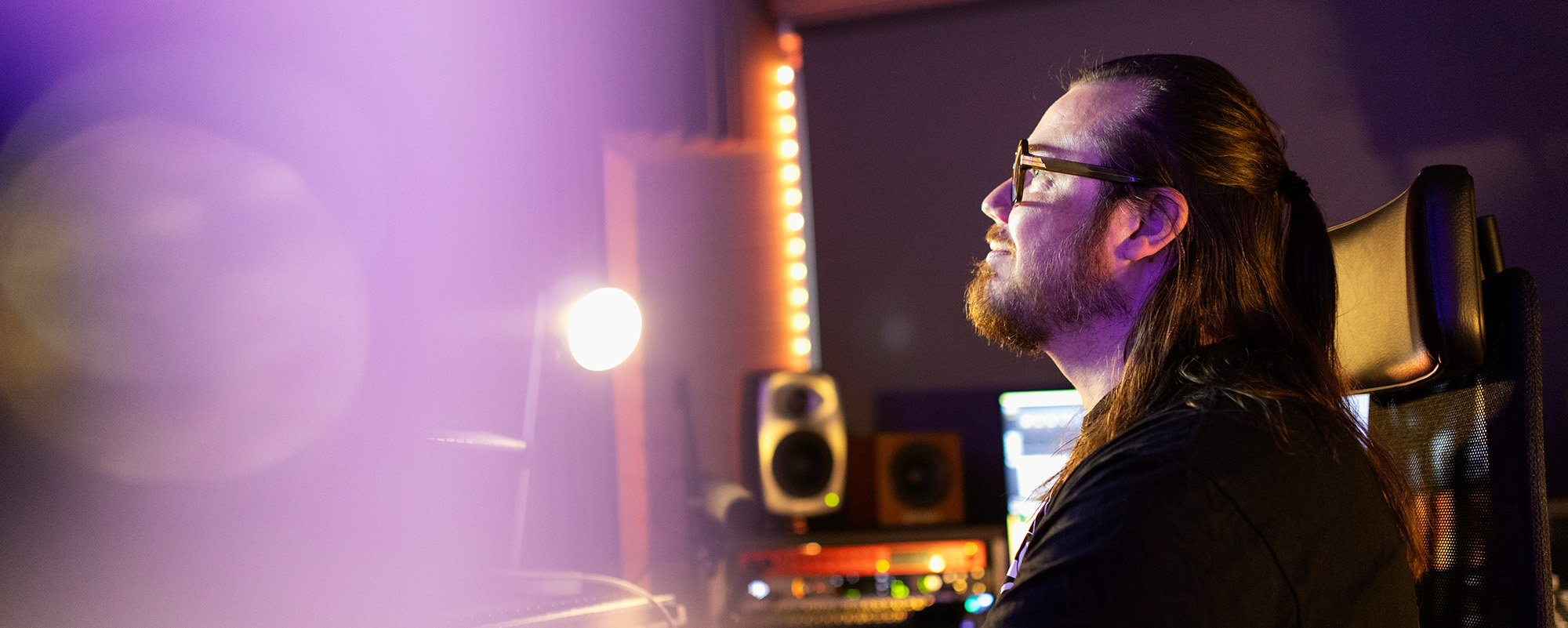Finnish society appreciates professions in the education and health sectors. Doctors receive the highest praise. This is shown by a 2018 study conducted by the journal Suomen Kuvalehti (20.6.2018). The study ranked Finnish professions according to how respondents valued them. Surgeons took the first spot. Vocational teachers, special education teachers, and subject teachers placed amongst the 9th-12th spots. The rank of university teachers and researchers was the highest since 2001. Bloggers and face-to-face marketers found themselves at the bottom of the list.
We all have ideas about which jobs are good and which are lousy. One's personal experience of a job also differs. The anthropologist David Graeber addressed the topic in a book called Bullshit Jobs. A Theory (2018).
We all have ideas about which jobs are good and which are lousy."
According to Graeber, half of the British population do not know whether their job has any impact. The fields of culture and healthcare are exceptions here: they know what they are doing, why and for whom.
Graeber also lists five categories of meaningless jobs. They are: people who are there to make others feel relevant (flunkies), aggressive marketers (goons), solvers of problems that could be prevented (duct tapers), spinners of pointless paperwork (box tickers), and creators of unnecessary extra work (task masters).
I agree with the idea that an aggressive telemarketing call placed on Midsummer's Eve on the topic of sewage maintenance might have been unnecessary. But I disagree with the thought that airport staff, categorized by Graeber as fixers of preventable problems, are useless… especially when a piece of luggage goes missing or a connecting flight takes off without me.
The experience of meaningfulness does not only depend on how others grade them, but also to how one perceives one's own work. And all jobs can teach something. I might claim that one of my most important work experiences took place at the Carrols fast-food restaurant in the 1980s where I managed all kinds of tasks, from unblocking sewers to frying burger patties.
Most of all, the job taught me how working together helps to act fast and efficiently.
All jobs can teach something."
Those skills turned out useful in later life in managing different organizations: the Alvar Aalto Museum, the Finnish Institute in London, the Ateneum Art Museum in Helsinki, and now Nationalmuseum in Stockholm. Cooperation and the ability to appreciate your work are requirements for success in everything.
My daughter is following the footsteps of her mother. Before starting her university studies, she is on the path her teacher warned her off: selling hamburgers. Every day, my daughter encounters people who think there is no dumber person than the McDonald's cashier.
The person on the other side of the counter is, however, very likely a business, engineering or humanities student. And even if they are not, every person has the right to be valued in their profession. Otherwise there will be no burgers.
Susanna Pettersson is Director General, Nationalmuseum in Stockholm and Vice Chair, Aalto University Board.
She was a guest in Aalto Leaders' Insight podcast together with Gita Kadambi, General Director of the Finnish National Opera and Ballet. Listen to the podcast.





















